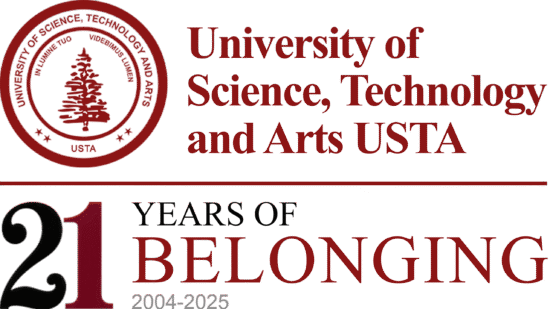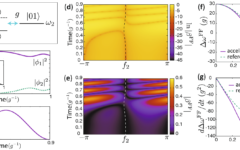Why some older people are rejecting digital technologies
13 August 2023 2023-08-13 14:23Why some older people are rejecting digital technologies

Why some older people are rejecting digital technologies
Source: Lancaster University
Summary: Fear of making mistakes and wider concerns about their social responsibility are among reasons why older people are rejecting digital technologies, a new study reveals.
Fear of making mistakes and wider concerns about their social responsibility are among reasons why older people are rejecting digital technologies, a new study reveals.
Despite increasing numbers of older adults accessing the Internet, and many recent retirees having used computers during their careers, the digital divide between older adults and younger people still exists. Older adults use significantly fewer digital applications and spend less time online than younger adults.
Following interviews with older adults, researchers from Lancaster University have discovered that resistance to using digital technologies is not primarily rooted in accessibility issues, as widely believed.
Researchers found that personally held values to do with the desirability of technology, wider concerns regarding its impact on society, and fears of getting things wrong when using software are also significant factors holding back technology use among older adults.
Some older people are put off using online tools because they see them as being arduous and time consuming. They feel that the trend toward online services such as comparison websites places a greater burden on themselves to become experts in all manner of things, whereas previously one could seek out trained professionals to assist with decision making.
And security concerns were omnipresent among the older adults interviewed, with many of them lacking confidence in their own knowledge of how to use online tools properly, in particular online banking.
To attend to this the researchers, Dr Bran Knowles and Professor Vicki Hanson in their paper ‘The Wisdom of Older Technology (Non) Users’, which has been published by the Communications of the ACM journal, recommend that the designers of online services do more to offer better safety nets that will offer actual protection and more reassurance to older users.
A strong sense of social responsibility may be a more important factor underlying many older people’s rejection of digital technology. They worry that online shopping takes business from local shops, threatening the town centres in which they can socialise with their friends. They also worry that if they don’t go into the bank or the post office they may close and people may lose their jobs.
Dr Knowles said: “The fact that digital technologies can and do make certain jobs obsolete is a common concern for older adults who worry about their grandchildren’s job prospects. Developing solutions to attend to this wider societal problem appears to be key to fostering acceptance of digital technologies among older adults.”
Social isolation is another concern. Some older people are rejecting online shopping as they welcome the social benefits of daily face to face contact when shopping in person.
Professor Vicki Hanson said: “The efficiency gained by conducting online interactions is not a powerful motivator for technology adoption by older adults who may be experiencing loneliness and isolation. In many cases, making digital technologies appealing for older adults means ensuring that digital engagements do not replace social interactions, and if possible, facilitate new social and community-building opportunities where they can meet people.”
Researchers also found some older people use their age as a cover for other personally-held reasons not to engage with technology. For example, someone who doesn’t like social media because they think it can enable cyberbullying may say they are ‘too old’ as a convenient and socially acceptable way to justify not using it, as there are fewer expectations for an older person to use social media.
Dr Knowles and Professor Hanson call this ‘playing the age card’ and acknowledge the utility in older adults blaming their age for their non-use of digital technologies.
Dr Knowles said: “Older adults themselves are often the worst perpetuators of the myth that old age precludes engagement with a myriad of digital technologies. Doing so allows older adults a privilege not available to most working-age adults to take personal stands against the aspects of technology they find worrying, threatening or just plain annoying.”
The research was supported with funding from the UK’s Research Council’s Digital Economy Theme, led by the Engineering and Physical Sciences Research Council (EPSRC), and also the EU’s Horizon 2020 research and innovation programme.
The paper’s authors are Dr Bran Knowles and Professor Vicki Hanson, both of Lancaster University’s Data Science Institute. Dr. Knowles is a Lancaster 50/50 Lecturer and Prof Hanson a Visiting Professor from the US, based at the Rochester Institute of Technology in New York.







